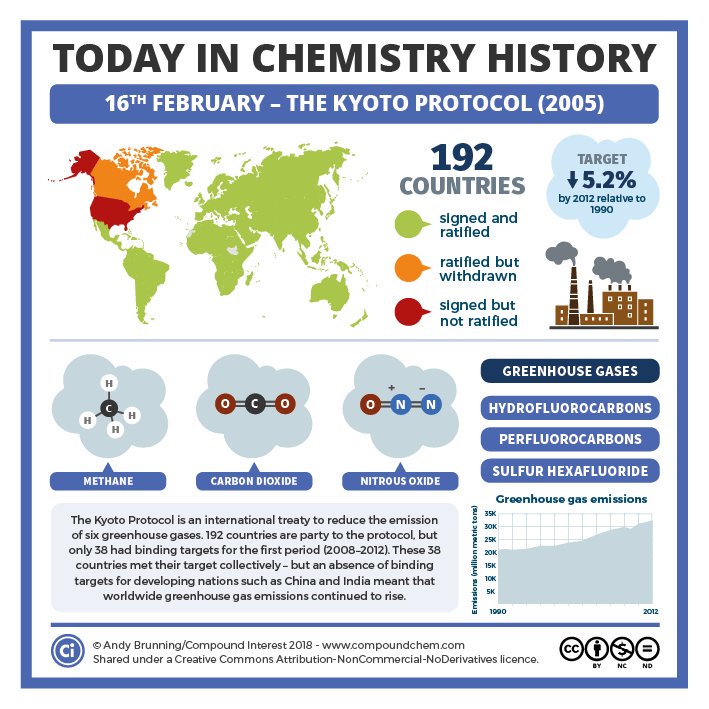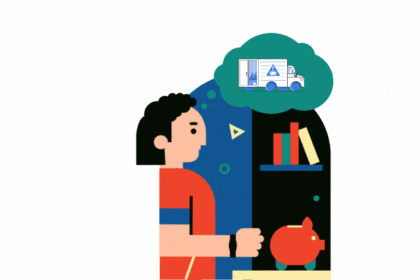The green fever is catching.
Slowly but surely, Green technology has infiltrated almost every field there is. Including logistics.
A notable example would be DHL’s attempts to stem the production of greenhouse gases in all its operations with DHL Go Green, in accordance with the Kyoto Protocol.

The Kyoto Protocol is one of the treaties signed by over 192 countries to reduce the level of greenhouse gases emitted by their respective industrialized nations. Incidentally, Germany is one of the nations who have ratified the set target of bringing down emission levels, while the US has not ratified.
DHL’s Go Green Initiative
The global logistics giant not only officially commenced its new Mybill (an e- bill instead of the traditional paper bill), it has also stamped a $3 fee on every paper bill that is requested. This new regulation implemented from July 1, 2018 clearly shows the company’s take on opting for a more environment friendly choice of billing. Customers are encouraged (or subtly pushed) to choose the electronic billing option unless they are willing to pay extra for a paper bill.
The Deutsche Post DHL group which was founded in Germany has been built on the foundation of environmental awareness and contributing to the well being of the planet. This might explain why they have become the first logistics company to take up the mantle of bringing down the level of GHG in all their logistics operations. The company went so far as to purchase the electrical vehicle manufacturer Street Scooter in 2014 to produce its own vehicles that used clean energy sources. Full operations are expected to begin in the second quarter of 2018.

Image source: DHL
Here’s what the company does to help the climate change program:
- Calculates all transport related emissions of carbon dioxide and other greenhouse gases (when a client opts for DHL Go Green), and provides a comprehensive carbon report.
- The carbon report maps all emissions from the DHL network, and is also featured on an online carbon dashboard that can map emissions upto individual shipment level.
- Issues annual certifications for public use and authorized third party verification for emissions.
- A multitude of other environmental options suitable for businesses like waste management, extended producer responsibility and lead environmental partner.
 Image source: DHL
Image source: DHL
Climate change goals
Complete transparency and reliability are assured by DHL in optimizing carbon emissions, and creating a green logistics sphere.
These are the future goals for DHL Go Green that have been delineated by the company.
- As the 2020 goal of 30% reduction in GHG emission was achieved earlier in 2016, a new goal of 50% was set for 2025.
- The long term goal is to achieve zero emissions logistics by 2050.
- Employ electric vehicles and bicycles to bring down local air pollution in the last mile by 70%
- Make more than 50% of customers’ supply chains greener by helping them incorporate Green solutions.
- Join partners to protect our forests by planting one million trees every year.
 Image source: DHL
Image source: DHL
The environment friendly Mybill
DHL has now begun aggressively pursuing its goals of nudging clients towards an environmentally sustainable future. The environment friendly Mybill has the following advantages:
- Paying invoices online across multiple payment options
- Email notification for new invoices
- Reviewing payment history online
- Dashboard that can track all DHL accounts
- Select individual items on invoice for further details
You can find more information on Mybill here.
DHL can be commended for its notable efforts to approach the logistics industry in a manner considerate to burgeoning environmental needs, and trying to influence the supply chain industry to do the same. Innovation and implementation have gone hand in hand for this logistics company, and in doing so they have raised the stakes for other US based major shipping carriers like FedEx and UPS. Stay tuned to see what DHL’s competitors are willing to do with the ball in their court.








